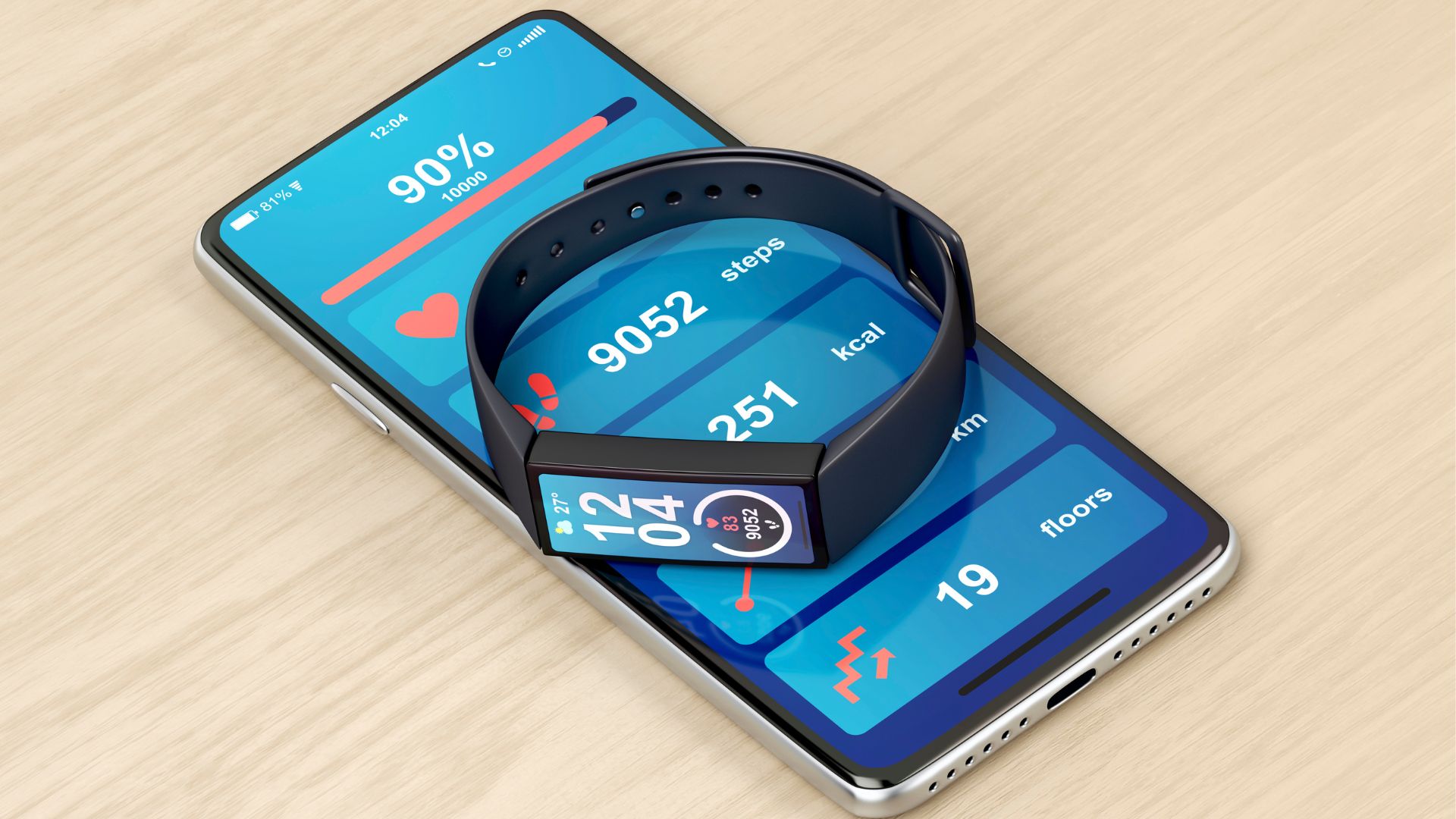Let's face it, we're all pretty attached to our wearable tech, and who wouldn't be? It's like having a personal trainer on your wrist or a mini-computer on your arm. But, did you know that every time you hit that step goal or check your messages on your smartwatch, you could be sharing some personal information with the world?
Wearable technology can affect privacy by collecting personal data (e.g. location, health stats, biometrics) that can be accessed, shared, or sold without user consent. This may lead to privacy breaches, identity theft, and targeted ads, potentially compromising users' confidentiality and autonomy.
You know, the famous Oscar-winning actor and director Marlon Brando once said, "Privacy is not something that I’m merely entitled to, it’s an absolute prerequisite." Read on to see how those cool wearable gadgets might actually be messing with your privacy.

How Wearable Technology Can Affect Your Privacy
Indeed, wearable technology has revolutionized our lives by providing us with numerous conveniences and benefits. From fitness trackers to smart watches, these devices have become an integral part of our daily routines.
However, amidst the buzz surrounding these innovations, there's a dark side that often goes unnoticed - the negative impact on our privacy.
Let’s explore various ways in which these devices can compromise your privacy, and provide some tips on how to mitigate these implications.
Sensitive Data Collection & Sharing
One of the most significant concerns surrounding wearable technology is the sheer amount of data these devices collect. From monitoring your heart rate to tracking your location, wearables are constantly gathering sensitive information about you. Although some of this data can be useful for improving your health and well-being, it can also pose a serious threat to your privacy.
Many wearable tech companies share user data with third parties, often for advertising purposes. This means that your personal information could be accessed by marketers and insurance companies without your knowledge or consent.
To protect your privacy, carefully read the terms and conditions of any wearable device you purchase and consider adjusting the privacy settings to limit data sharing.

Location Tracking
Wearable devices equipped with GPS capabilities, such as fitness trackers and smart watches, can pinpoint your location with remarkable accuracy.
Such wearable devices continuously monitor your location can create a detailed profile of your daily activities, including your favorite routes, frequently visited places, and daily routine. Unfortunately, this information can be used against you by potential stalkers who can predict your movements and exploit you.
To reduce the risk of location tracking, you might want to consider turning off the GPS functionality on your wearable device when you're not using it. Alternatively, you can use privacy-oriented apps that anonymize your location data, keeping you safe from potential prying eyes.
Audio and Video Recording
Some wearable devices, such as smart glasses and smart watches, come equipped with cameras and microphones that allow for audio and video recording.
These devices can inadvertently record sensitive conversations, personal interactions, or private moments, without the consent of the individuals involved. Additionally, hackers may remotely access the cameras and microphones on your wearable device to spy on you or gather sensitive information.
To safeguard your privacy, be cautious about using the audio and video recording features on your wearable device. Always ensure that you have the consent of all parties involved before recording and be aware of the potential risks associated with this technology.

Biometric Data Vulnerabilities
Many wearable devices use biometric data, such as heart rate, sleep patterns, and even your unique gait, to provide personalized insights and recommendations. Biometric data is highly sensitive and unique to each individual, making it a prime target for hackers and identity thieves.
If your wearable device is hacked or the company's servers are breached, your biometric data could be exploited for malicious purposes, such as identity theft or even blackmail.
To protect your biometric data, choose wearable devices that use strong encryption and authentication methods. Additionally, regularly update your device's firmware and software to ensure the latest security patches are applied.
Eavesdropping and Unauthorized Data Access
The wireless nature of wearable technology makes it susceptible to eavesdropping and unauthorized data access. Devices that rely on Bluetooth or Wi-Fi connections for communication can be intercepted by hackers using specialized tools and techniques.
This means that personal information, including messages, health data, and even financial information, could be captured and exploited by malicious actors.
To minimize the risk of eavesdropping, always use encrypted communication channels when connecting your wearable device to your smartphone or other devices. Additionally, be cautious about using public Wi-Fi networks, as these can be easily compromised and used to intercept your data.
Low-Cost Devices with Weak Security Features
Most wearable devices are designed to be affordable and convenient, often prioritizing ease of use over robust security features. For instance, a smart ring that connects to your phone using Bluetooth may lack input/output options, leading it to rely on the weakest pairing method available. This makes such devices particularly vulnerable to hacking and unauthorized data access.
Manufacturers of low-cost wearables may also cut corners in other areas, such as encryption, firmware updates, or even physical security features. Consequently, these devices could expose your personal information to various security risks and compromise your privacy.
To address this issue, consider investing in wearable devices from reputable manufacturers that prioritize security alongside convenience. Research the security features of a device before purchasing and keep an eye out for firmware updates that may include crucial security patches.
Final Thoughts
While wearable technology offers numerous benefits and conveniences, it's essential to be aware of the potential privacy risks that come with using these devices. By understanding the various ways your privacy can be compromised and taking proactive measures to protect your personal information, you can enjoy the advantages of wearable tech without sacrificing your privacy. Always prioritize security and make informed decisions when choosing and using wearable devices.